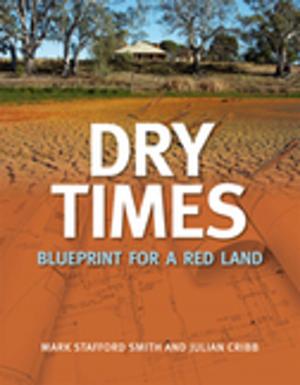Changing Land Management
Adoption of New Practices by Rural Landholders
Nonfiction, Science & Nature, Technology, Nature, Business & Finance| Author: | ISBN: | 9780643102279 | |
| Publisher: | CSIRO PUBLISHING | Publication: | March 1, 2011 |
| Imprint: | CSIRO PUBLISHING | Language: | English |
| Author: | |
| ISBN: | 9780643102279 |
| Publisher: | CSIRO PUBLISHING |
| Publication: | March 1, 2011 |
| Imprint: | CSIRO PUBLISHING |
| Language: | English |
There is a rich and extensive history of research into factors that encourage farmers to change their land management practices, or inhibit them from doing so. Yet this research is often under-utilised in practice. Changing Land Management provides key insights from past and cutting-edge research to support decision-makers as they attempt to influence or assist rural communities adapting to changed circumstances, such as new technologies, new environmental imperatives, new market opportunities or changed climate. Understanding the process of practice change by rural landholders is crucial for policy makers, agricultural researchers, extension agents, natural resource management bodies, non-government organisations and agricultural consultants. For example, such understanding can assist with the design and implementation of environmental programs, with the prioritisation of agricultural research and with commercial ventures. Common themes are the need for an appreciation of the diversity of land managers and their contexts, of the diversity of factors that influence land-management decisions, and of the challenges that face government programs that are intended to change land management.
There is a rich and extensive history of research into factors that encourage farmers to change their land management practices, or inhibit them from doing so. Yet this research is often under-utilised in practice. Changing Land Management provides key insights from past and cutting-edge research to support decision-makers as they attempt to influence or assist rural communities adapting to changed circumstances, such as new technologies, new environmental imperatives, new market opportunities or changed climate. Understanding the process of practice change by rural landholders is crucial for policy makers, agricultural researchers, extension agents, natural resource management bodies, non-government organisations and agricultural consultants. For example, such understanding can assist with the design and implementation of environmental programs, with the prioritisation of agricultural research and with commercial ventures. Common themes are the need for an appreciation of the diversity of land managers and their contexts, of the diversity of factors that influence land-management decisions, and of the challenges that face government programs that are intended to change land management.















